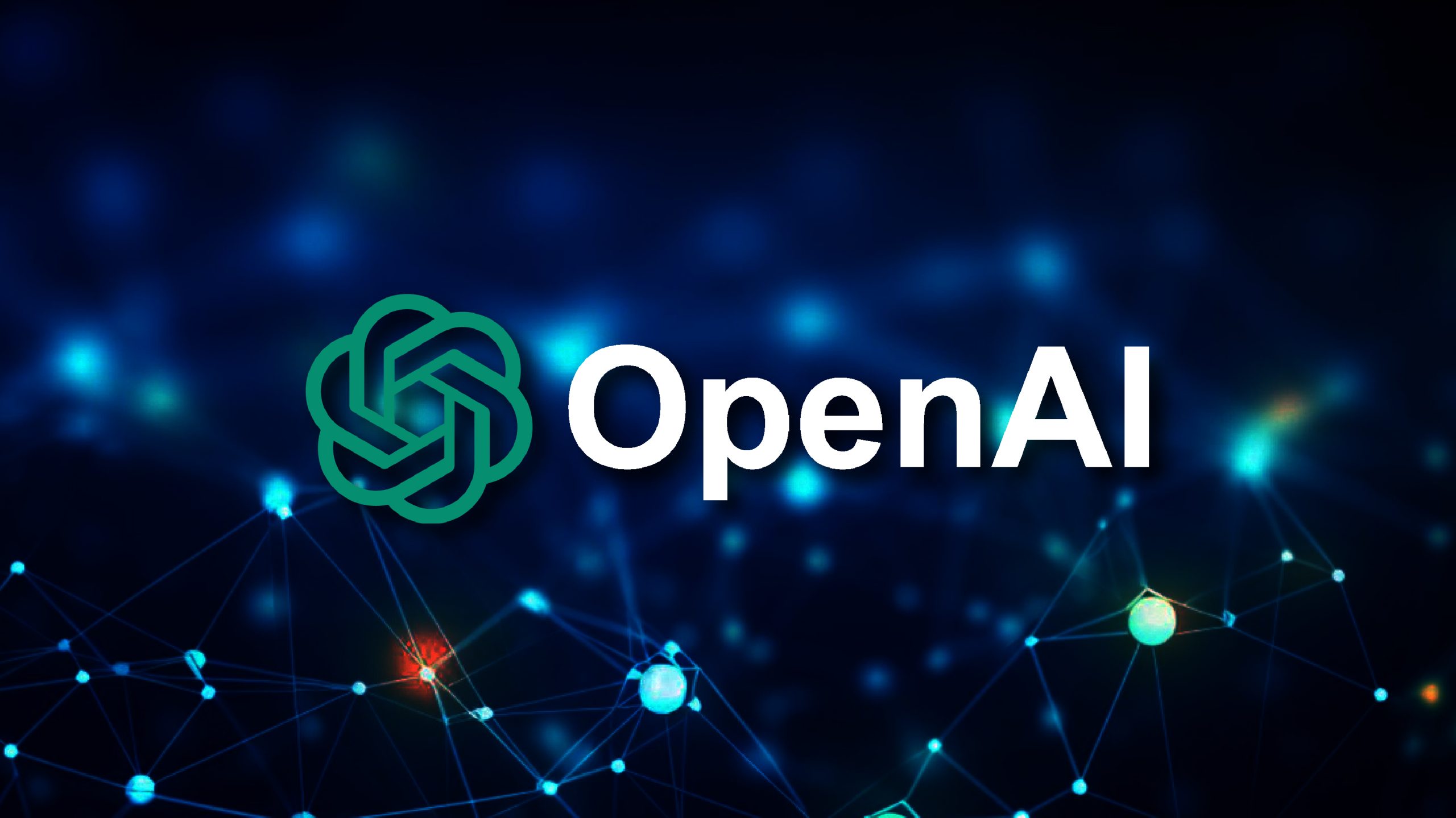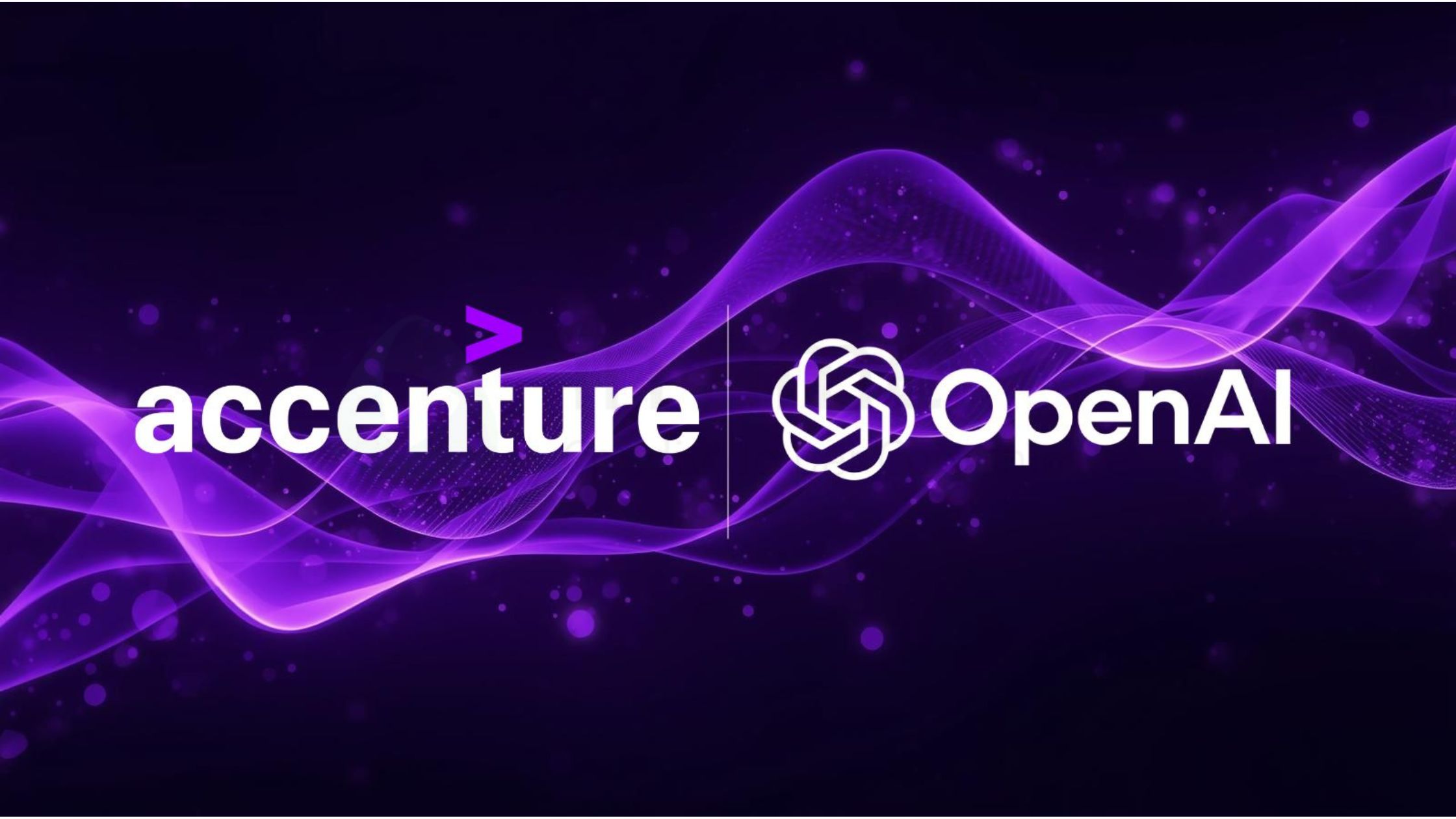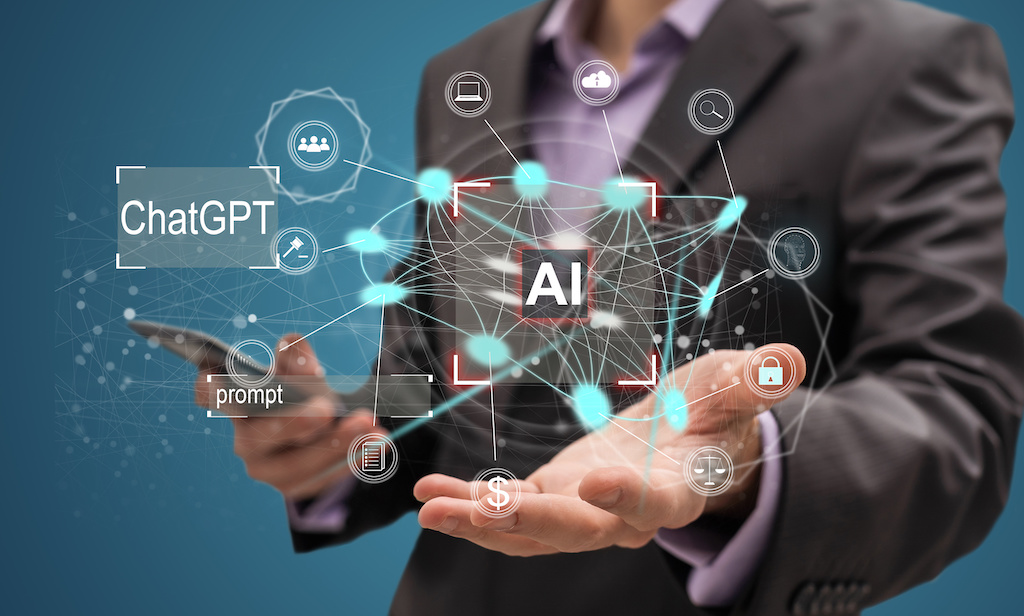Overcoming Barriers to AI Integration in Healthcare: Challenges and Solutions
AI is transforming healthcare but data, bias, and trust stand in the way.Here’s how to break through


The healthcare industry stands at the precipice of a technological revolution. With AI integration transforming everything from diagnostic procedures to patient care delivery, healthcare organizations worldwide are racing to harness the power of artificial intelligence.
According to recent market projections, the global Healthcare AI market is expected to reach $188 billion by 2030, representing a compound annual growth rate of 36%.
Yet beneath this optimistic outlook lies a complex web of challenges that healthcare organizations must navigate to successfully implement AI in healthcare solutions. From data quality issues to regulatory hurdles, the path to effective AI integration is fraught with obstacles that require careful consideration and strategic planning.
How Generative AI is Finally Giving Healthcare Workers Their Lives Back. Read more here!
.png)
The Current State of AI Adoption in Healthcare
Recent studies reveal that 70% of healthcare payers and providers are actively implementing generative AI technologies, moving beyond experimental use cases into enterprise-wide deployment. Among these organizations:
- 58% are using AI for administrative tasks such as medical coding, billing, and scheduling
- 44% are deploying AI for clinical decision support and imaging analysis
- 75% of biopharma companies have implemented AI in research and development processes
Despite this impressive adoption rate, significant challenges remain. Approximately 47% of healthcare leaders cite data quality and integration issues as major barriers, while 39% express concerns about regulatory compliance and data privacy.
Exploring the Power of Retrieval-Augmented Generation (RAG) for Mental Health Chatbots. Read here!
Major Challenges in Healthcare AI Integration
.png)
1. Data Quality and Accessibility Issues
The Challenge: One of the most significant obstacles to successful AI integration is access to high-quality, standardized data. Healthcare data is often fragmented across different systems, leading to inaccuracies and inconsistencies that can severely impact AI model performance.
Key Issues Include:
- Fragmented data sources: Patient information scattered across multiple Electronic Health Record (EHR) systems
- Inconsistent data formats: Different healthcare institutions using varying data standards and coding systems
- Incomplete datasets: Missing or inaccurate patient information that compromises AI model training
- Interoperability problems: Lack of seamless data exchange between different healthcare platforms
The Remedy: Healthcare organizations must implement comprehensive data governance frameworks that include:
- Standardized data collection protocols to ensure consistency across all platforms
- Advanced data cleansing techniques to improve data quality and accuracy
- Adoption of data harmonization models such as the Observational Medical Outcomes Partnership (OMOP) Common Data Model
- Investment in interoperability standards like HL7 FHIR to facilitate seamless data exchange
- Regular data audits to identify and correct inconsistencies
2. Algorithmic Bias and Fairness Concerns
The Challenge: AI in healthcare systems can perpetuate and amplify existing biases present in training data, leading to discriminatory outcomes for certain patient populations. Studies have shown that AI algorithms trained predominantly on data from specific demographic groups may perform poorly for underrepresented populations.
Real-World Examples:
- Skin cancer diagnostic algorithms showing significantly lower accuracy for patients with darker skin tones
- Gender imbalances in medical imaging datasets leading to reduced diagnostic performance for underrepresented genders
The Remedy: To address bias and ensure equitable Healthcare AI deployment:
- Use diverse and representative datasets for training AI models
- Implement regular bias auditing of algorithms across different demographic groups
- Employ fairness correction techniques to adjust algorithms and reduce discriminatory outcomes
- Establish diverse development teams to provide varied perspectives during AI system development
- Conduct continuous monitoring of AI performance across different patient populations
3. Data Security and Privacy Concerns
The Challenge: Healthcare organizations handle vast amounts of sensitive patient data, making them prime targets for cyberattacks. The integration of AI in healthcare amplifies these concerns as AI systems require access to extensive patient datasets, increasing the potential attack surface.
Key Security Risks:
- Data breaches exposing sensitive patient information
- Unauthorized access to medical records and personal health information
- Inadequate encryption of data both at rest and in transit
- Compliance violations with regulations like HIPAA and GDPR
The Remedy: Robust security measures must be implemented:
- Advanced encryption techniques for all patient data
- Strict access controls with role-based permissions
- Regular security audits and vulnerability assessments
- Employee training programs on data security best practices
- Compliance monitoring to ensure adherence to regulatory requirements like HIPAA and GDPR
- Incident response plans for rapid containment of security breaches
4. Regulatory and Compliance Challenges
The Challenge: The regulatory landscape for AI integration in healthcare is still evolving, creating uncertainty for organizations seeking to deploy AI solutions. Regulatory frameworks often lag behind technological advancements, making it difficult to ensure compliance.
Current Regulatory Landscape:
- The FDA has approved over 30 AI/ML-enabled medical devices since 2014
- Different countries have varying regulatory requirements for Healthcare AI
- Lack of standardized evaluation frameworks for AI system performance
The Remedy: Healthcare organizations should:
- Stay updated with evolving regulations and maintain close communication with regulatory bodies
- Develop comprehensive governance frameworks that include all relevant stakeholders
- Implement transparency measures in AI-driven decision-making processes
- Establish accountability protocols for AI-generated recommendations
- Collaborate with regulatory agencies to help shape appropriate guidelines for AI in healthcare
5. Lack of Technical Expertise and Skills Gaps
The Challenge: The successful implementation of Healthcare AI requires specialized technical expertise in machine learning, data science, and software engineering. However, there's a significant shortage of skilled professionals with the necessary knowledge to design, implement, and maintain AI systems in healthcare settings.
Skills Gap Areas:
- 42% of healthcare organizations report need for skilled personnel to manage AI systems
- Lack of understanding among healthcare professionals about AI capabilities and limitations
- Insufficient training programs for existing staff
The Remedy: Organizations must invest in comprehensive training and talent development:
- Implement AI literacy programs for all healthcare staff levels
- Provide hands-on training for clinical and administrative personnel
- Offer industry certification programs to build expertise
- Create partnerships with educational institutions to develop specialized curricula
- Hire Chief AI Officers (CAIOs) to lead AI strategy and implementation
- Foster a culture of continuous learning adapted to individual employee needs
6. Integration with Existing Systems and Workflows
The Challenge: AI integration often requires significant modifications to existing IT infrastructure, clinical workflows, and administrative processes. Healthcare organizations must seamlessly integrate AI solutions with Electronic Health Records (EHR), imaging equipment, and other healthcare technologies without causing disruptions.
Integration Challenges:
- Technical incompatibilities between new AI systems and legacy infrastructure
- Workflow disruptions during implementation
- Resistance to change from healthcare professionals
- Complex system dependencies
The Remedy: Successful integration requires:
- Comprehensive system assessment before AI implementation
- Phased implementation approach starting with low-risk use cases
- Cross-functional collaboration between clinical, IT, and AI teams
- Utilization of open APIs and interoperability standards
- Change management strategies to address staff concerns and resistance
- Pilot testing in controlled environments before full deployment
7. Patient Acceptance and Trust Issues
The Challenge: Patient acceptance of AI in healthcare varies significantly, with some embracing the technology while others express concerns about accuracy, reliability, and the potential loss of human touch in medical care.
Trust Barriers:
- Lack of understanding about how AI systems work
- Concerns about data privacy and security
- Fear of reduced human interaction in healthcare
- Skepticism about AI accuracy compared to human physicians
The Remedy: Building patient trust requires:
- Transparent communication about AI's role in patient care
- Clear explanation of privacy safeguards and data protection measures
- Patient education programs about AI benefits and limitations
- Gradual introduction of AI technologies in low-risk scenarios
- Maintaining human oversight and physician involvement in AI-assisted decisions
- Demonstrating successful case studies and positive outcomes
8. Financial Barriers and Implementation Costs
The Challenge: The implementation of Healthcare AI requires significant upfront investment in technology infrastructure, data management systems, staff training, and regulatory compliance. For smaller healthcare institutions, these costs can be prohibitive.
Cost Factors:
- High initial investment in AI systems and infrastructure
- Ongoing maintenance and upgrade costs
- Staff training and education expenses
- Regulatory compliance requirements
- Data management and storage costs
The Remedy: Organizations can overcome financial barriers through:
- Strategic planning and phased implementation to spread costs over time
- Public-private partnerships to share expenses and resources
- Cloud-based solutions to reduce infrastructure investment
- Collaboration with other healthcare institutions to share development costs
- Government funding and grants for AI research and implementation
- ROI measurement frameworks to demonstrate value and justify continued investment
Study Suggests Physician's Medical Decisions Benefit from Chatbot Integration. More here!
Emerging Solutions and Best Practices
Leveraging Health Information Exchanges (HIEs)
Health Information Exchanges can play a crucial role in democratizing access to medical data for AI integration. By serving as data aggregators and integrators, HIEs can:
- Facilitate AI system deployment across multiple healthcare providers
- Offer AI as a shared service to member organizations
- Level the playing field for smaller healthcare providers
- Enable access to larger, more diverse datasets for AI training
Implementing AI Governance Frameworks
Successful Healthcare AI deployment requires robust governance structures that:
- Include multidisciplinary teams with clinicians, business leaders, and technical experts
- Establish clear metrics for measuring AI system success
- Provide oversight without stifling innovation
- Ensure accountability and transparency in AI-driven decisions
Focus on High-Value, Low-Risk Use Cases
Organizations should prioritize AI integration in areas that offer:
- High repetition and low risk scenarios where AI performs optimally
- Administrative tasks such as scheduling, billing, and documentation
- Routine information gathering and patient history compilation
- Post-treatment monitoring and follow-up care management
The Future of AI Integration in Healthcare
Despite current challenges, the future of AI integration in healthcare remains promising. Key trends shaping this future include:
Advancing Generative AI Capabilities
Generative AI is expanding beyond simple data analysis to content creation, offering new possibilities for:
- Personalized patient education materials
- Automated clinical documentation
- Drug discovery and development
- Treatment protocol generation
Regulatory Evolution
Regulatory frameworks are evolving to better accommodate Healthcare AI:
- FDA's Digital Health Innovation Action Plan
- European Union's AI Act providing comprehensive guidelines
- International harmonization efforts through organizations like IMDRF
Technology Maturation
As AI in healthcare technologies mature, we can expect:
- Improved accuracy and reliability of AI systems
- Better integration capabilities with existing healthcare infrastructure
- Enhanced explainability and transparency in AI decision-making
- More sophisticated bias detection and mitigation techniques
Conclusion
The integration of AI in healthcare represents one of the most significant technological transformations in modern medicine. While challenges around data quality, algorithmic bias, security, regulation, skills gaps, system integration, patient acceptance, and financial barriers persist, the healthcare industry is developing comprehensive strategies to address these obstacles.
Success in AI integration requires a holistic approach that combines technical excellence with organizational change management, regulatory compliance, and stakeholder engagement. Healthcare organizations that invest in robust data governance, comprehensive training programs, transparent communication, and strategic partnerships will be best positioned to realize the transformative potential of Healthcare AI.
As we move forward, the focus should be on building trust, ensuring equity, and maintaining the human element that makes healthcare fundamentally about caring for people. With careful planning, thoughtful implementation, and continuous improvement, AI in healthcare can deliver on its promise of better patient outcomes, improved efficiency, and more personalized care for all.
The journey toward widespread AI integration in healthcare is complex, but with the right strategies and remedies in place, organizations can successfully navigate these challenges and unlock the full potential of artificial intelligence to transform patient care and healthcare delivery.
Ready to Transform Your Healthcare Practice?
Don't let your healthcare organization fall behind in the AI revolution. Makebot's Medical AI solutions, powered by cutting-edge Large Language Models and specialized healthcare expertise, are already transforming patient care for major hospitals and clinics worldwide.
With our proven MakeH solution achieving a 90% reservation rate across hundreds of dermatology and plastic surgery clinics, and our patented hybrid RAG technology minimizing LLM errors, Makebot delivers the technical sophistication and clinical reliability your healthcare practice needs.
Take the next step toward AI-powered healthcare excellence:
✉️ Healthcare AI Inquiries: b2b@makebot.ai
🌐 Learn More: makebot.ai
📞 Schedule a consultation and discover how our Medical AI Chatbots can revolutionize your patient care delivery

Studies Reveal Generative AI Enhances Physician-Patient Communication





















































_2.png)


















.jpg)

























